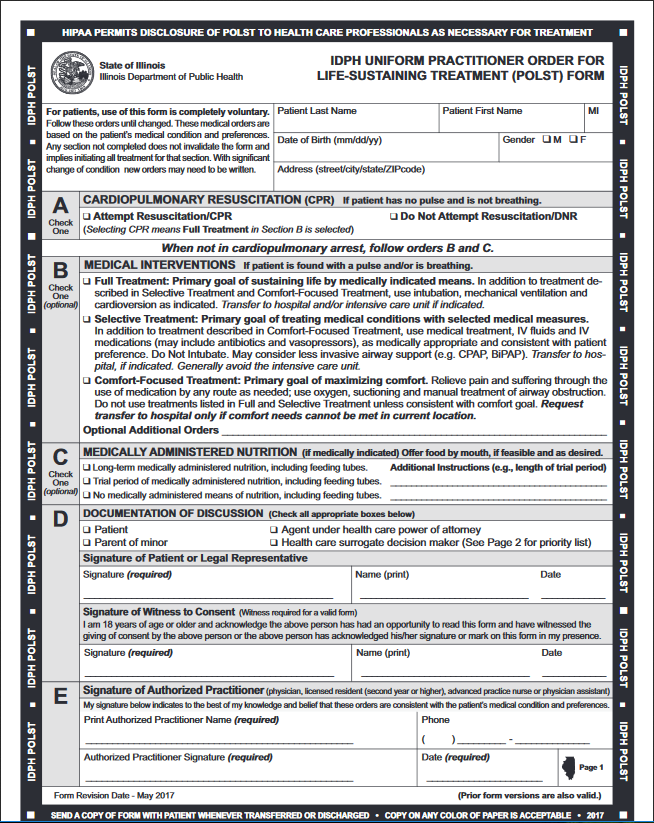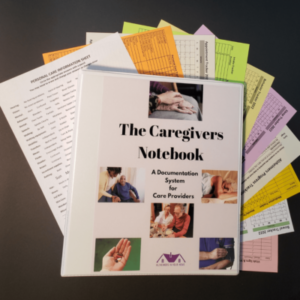Alzheimers Advanced Directives
There are two main areas for legal issues with Alzheimers Advanced Directives, both of which need to be addressed in the Early Stage. A Power of Attorney for both financial and health-care will need to be addressed while the memory is still intact. I would also recommend discussing Advanced Directives if you have not discussed this before.
I am a nurse first and I believe that we all have our own thoughts on this matter. Everyone should make sure that someone knows which one they want to be should the situation ever arise. To often this conversation does not take place when the person is still able to make their wishes known. Many people do not want to be kept alive on a breathing machine or fed through a feeding tube into their stomach. Please have this conversation and complete the necessary paperwork.
Your physician’s office should have the paperwork. Please ask them for it and ask your healthcare provider any questions you may have regarding advanced directives.
Types of Alzheimers Advanced Directives?
An Advanced Directive simply tells your doctor what kind of care you would like to have if you become unable to make medical decisions (if you are in a coma, for example).
There are several different kinds of Advanced Directive forms which may need to be filled out. Most of these must be completed while the person is in the early stages and able to make their own decisions.
There are laws regarding Advanced Directives which vary from state to
state. If you have questions regarding advance directives and Alzheimer's Disease, check with your state. Below are the most common types of advanced directives.
Healthcare Power of Attorney for Alzheimers
A Healthcare Power of Attorney (HCPOA) designates a person, sometimes called an agent or proxy, to make healthcare decisions when the person with Alzheimer's disease is no longer able to do so.
Financial Power of Attorney for Alzheimers
A financial power of attorney simply names someone designated to make financial decisions for the person with the illness when they are no longer able to do so.
Living Will
A living will, also called a directive to physicians or advance directive, is a document that lets people state their wishes for end-of-life medical care, in case they become unable to communicate their decisions.
A living will can bring peace of mind because it explains what kind of medical care you want to receive when you cannot speak for yourself.
POLST/DNR
A Physicians Order for Life Sustaining Treatment is what guides a medical team in a life threatening situation or at the end of life. They usually address the medical interventions which may be needed. Such as CPR, mechanical ventilation (a machine to breathe for you), nutrition (tube feeding/IVs, or comfort measures only.
When I talk to patients about this decision, I usually ask them "if I were to walk into this room and find you without a heartbeat, would you want me to try to restart your heart?" If the answer is yes then they are a "full resuscitate" and if the answer is no, they are a "Do Not Resuscitate". In the medical world a "Do Not Resuscitate" is referred to as a "DNR". It simply means we let nature take it's course.
Without a POLST form, emergency personnel are required to provide every possible treatment to help keep you alive.
These forms vary from state to state. You can get this form through your care provider. It requires a signature from your physician. Once it is signed you will need to keep a copy, your physician will keep a copy, and most hospitals will keep a copy.
Example Illinois POLST form

Do you know what stage of Alzheimer's Disease your loved one is in?
Do you know what to watch for next?
Do you have sitters coming in and need to have a better system to help them provide the best care?
Does your loved one have behaviors that you should be tracking?
Do you have all of the information written down you need when you go to your doctor visits to help them understand what needs you may have?
Do you need help keeping track of appointments, medicines, vital signs, weights, meals, bowels, and behaviors?
Dementia - it's more than just memory loss. Are you prepared for what's next?
The ALZLOG App was created to help you recognize what stage your loved one is in and prepare for what is coming next for your loved one.
Come check out my YouTube channel for helpful tips and support on caring for loved ones with dementia. Let's navigate this journey together!


